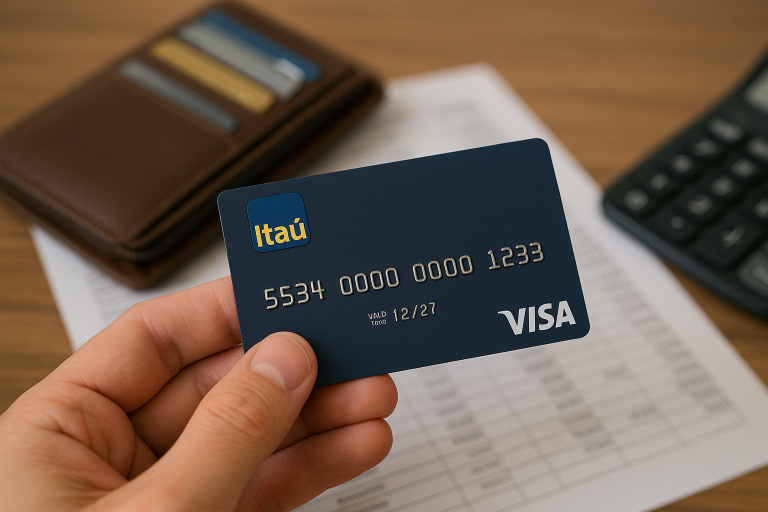
Buying your own home is the dream of many Brazilians, but it is also one of the most important and often challenging financial decisions.
For those who don't have the full amount to purchase a property outright, mortgage financing appears to be the ideal solution. However, this type of transaction involves a series of steps and requirements that are crucial to understand before signing any contract.
In this post, we'll cover the key points you need to consider before opting for a mortgage. This way, you'll be better prepared to make smart, confident decisions.
Real estate financing is a type of loan granted by banks or financial institutions for the purchase of a property.
In this model, the buyer does not need to have the full value of the property, as the financial institution lends the money and the buyer pays the financed amount in monthly installments.
During the financing period, the property remains secured by the bank, meaning it serves as collateral for payment. This means that in the event of default, the bank can repossess the property.
In addition to the financed amount, there are several fees that must be taken into consideration:
Typically, financing covers 70% to 80% of the total property value, depending on the terms and conditions of the lender. The remaining amount, which generally ranges from 20% to 30%, must be paid as a down payment. Therefore, it's important to have this amount set aside.
Programs like Green and Yellow House, from the federal government, can make the process easier for those with lower incomes, offering subsidies that help with the down payment or even reducing the value of the installments.
The financing process requires a series of documents to prove income and the property's status. Common documents include:
It is important to ensure that all documents are in order to avoid delays in financing approval.
One of the crucial steps in financing is the credit analysis, where the bank assesses the buyer's financial profile.
This analysis examines information such as your credit score, debt history, and repayment capacity. The better your financial history, the greater your chances of securing favorable financing conditions, such as lower interest rates.
Before signing the contract, it's essential that you simulate the installments and see how they will impact your budget.
Experts recommend that financing installments do not compromise more than 30% of your monthly income.
Additionally, consider possible interest rate fluctuations (in the case of variable-rate financing) and financial contingencies. Plan ahead to avoid future problems.
Repayment terms can vary widely, from 10 to 35 years. While longer terms offer smaller installments, the total amount paid at the end of the contract will be higher due to the interest accrued over time.
It's important to balance the installment amount with the financing term so that the debt doesn't snowball.
Real estate financing is an excellent alternative for those who want to buy their own home, but it requires planning and care.
Before closing the deal, it's essential to run simulations, understand all the fees involved, and organize your financial life. Remember to research different banks and analyze the conditions offered by each.
By following these tips and preparing yourself properly, you'll be closer to realizing your dream of owning your own home in a conscious and financially sound way.